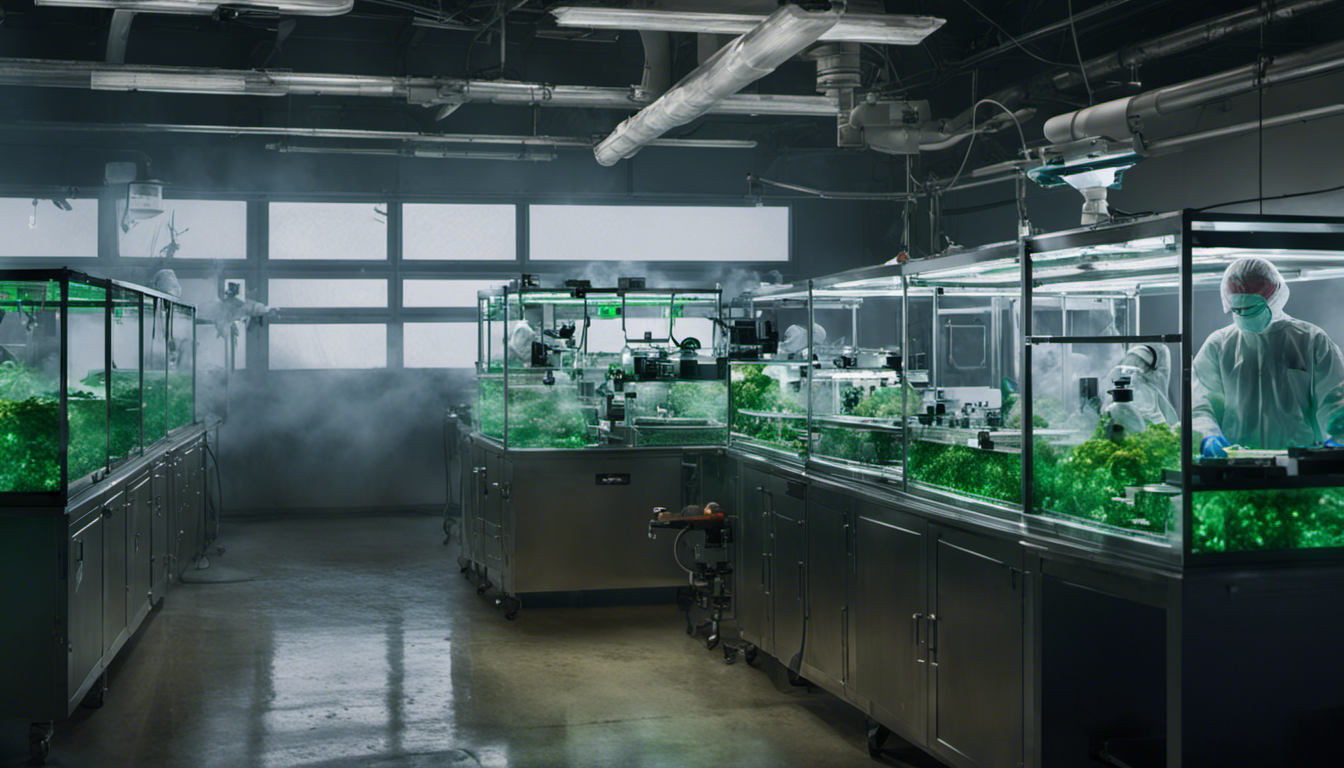Massachusetts Cannabis Industry Grapples with Moldy Marijuana Concerns
The Massachusetts Cannabis Control Commission (CCC) recently released a report warning of mold in some marijuana products, but some labs and cannabis advocates claim the issue is far more widespread than regulators are letting on. The report, issued on February 3, identified new health and safety concerns regarding some retail marijuana products sold between May 31, 2024, and January 23, 2025. However, no illnesses have been publicly reported, and no products have been recalled.
Despite the lack of recalls, some cannabis testing facilities and worker advocates say more needs to be done to keep consumers and retailers safe from moldy marijuana products. Christopher Hudalla, Ph.D., founder and chief scientific officer at ProVerde Laboratories in Milford, claims that the problem is significant and that regulators are not willing to take action. Hudalla’s lab tested 100 retail samples and found that over 55% failed to meet the state’s safety criteria.
Moldy marijuana can cause a range of health problems, including respiratory issues, allergic reactions, and fungal infections. People with weakened immune systems, such as cancer patients, are at a higher risk of adverse effects. A 2020 study published by the Centers for Disease Control found that cannabis users are 3.5 times more likely to get fungal infections.
Experts warn that lab shopping, where testing facilities underreport mold contamination levels, is a major problem. Danny Carson, a Massachusetts cannabis worker rights advocate, claims that many cannabis employees have suffered from chronic health issues due to prolonged exposure to poor air quality and contaminated products. Carson is advocating for better working conditions, transparency, and accountability to ensure the safety of both workers and consumers.
To address the issue, Carson is pushing for stronger air quality and worker safety regulations, stricter enforcement of lab testing standards, whistleblower protections for workers, a public recall and contamination reporting system, and more robust standardized safety and quality control protocols. Hudalla is also calling for regulators to take action, stating that the situation will not improve unless the regulators are willing and capable of doing their job.
The CCC has responded to the concerns, stating that the state’s testing facilities are held to high standards and that the commission conducts routine inspections of all labs and marijuana retailers. The commission is also tightening testing reporting and data analysis through an administrative order set to take effect in April. However, some advocates remain skeptical, calling for more robust measures to ensure the safety of the cannabis industry.












